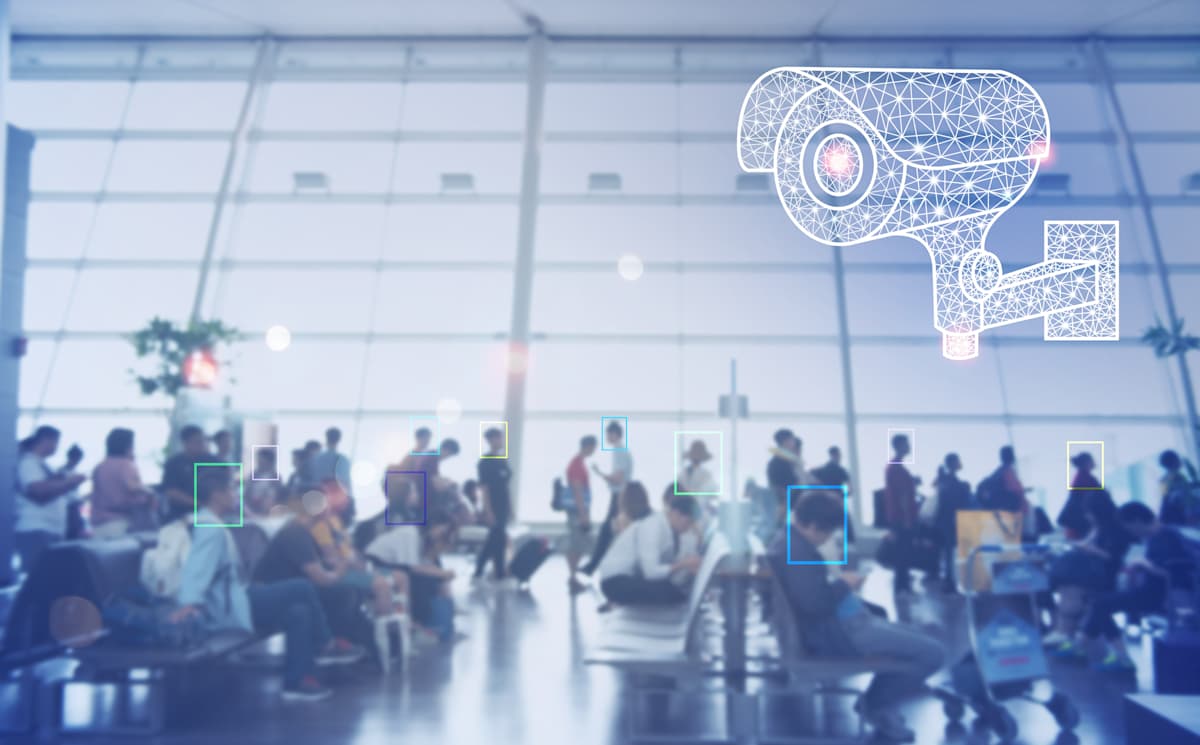Minneapolis–St. Paul International Airport has implemented facial recognition technology for US citizens arriving on international flights. With this addition, MSP joins the ranks as the 12th airport or port of entry in the United States to utilize the Enhanced Passenger Processing system.
The Metropolitan Airports Commission or MAC [1] has partnered with US Customs and Border Protection or CBP to roll out a new implementation. The Electronic Passenger Processing or EPP system employs advanced auto-capture cameras to capture live images of travelers, which are then matched against existing government records, including passport photos. This method mirrors similar facial recognition technologies currently [2] used at other prominent airports such as JFK, which has already integrated kiosks for incoming passengers. The implementation coincides with an unprecedented surge in international traffic at MSP. In 2024, the [3] MSP airport welcomed over 3.5 million international travelers, with close to 1.8 million coming in through arrivals.
LaFonda D. Sutton-Burke who [4] is the director of field operations at the Chicago Field Office said, “Enhanced Passenger Processing leverages facial biometrics to further secure and enhance the traveler experience for US citizens while staying true to our enforcement mandate. Travelers arriving at MSP will feel the benefits of this enhanced process secure identity verification, shorter wait times, more efficient processing through Customs, and the improved ability to make connecting flights.” Officials anticipate that the new EPP technology will streamline processing times, enabling travelers to navigate customs more swiftly and enhancing their connections to subsequent flights.
Civil liberties groups and certain lawmakers are expressing growing concerns regarding issues of privacy, data security, and the potential for errors or bias inherent in facial recognition technology. [5] The American Civil Liberties Union or ACLU initiated legal action [6] against the Department of Homeland Security regarding its implementation of facial recognition technology in airports in 2020. The ACLU criticized the US government's approach as an “extraordinarily dangerous path” toward normalizing facial surveillance and has raised concerns about the lack of transparency surrounding the specific details of this initiative.
The lawsuit [6] submitted to a US District Court in New York, aimed to compel US Customs and Border Protection and the Transportation Security Administration to provide clearer information on how the data collected through this technology is utilized, as well as the nature of their collaborations with partner organizations involved in the programme. Ashley Gorski who is [7] the Senior Staff Attorney ACLU National Security Project said in her [8] news and commentary column, “Our lawsuit seeks to make public the government’s contracts with airlines, airports, and other entities pertaining to the use of face recognition at the airport and the border; policies and procedures concerning the acquisition, processing, and retention of our biometric information; and analyses of the effectiveness of facial recognition technology.”
In 2023, the ACLU would endorse [9] Traveler Privacy Protection Act introduced by [10] Senator Jeff Merkley, “The TSA programme is a precursor to a full-blown national surveillance state. Nothing could be more damaging to our national values of privacy and freedom. No government should be trusted with this power,” said Senator Merkley. Cody Venzke, a [11] senior policy counsel at ACLU, also said [12] in a press release, “Senator Merkley’s bill is an incredibly important and incredibly simple step towards curbing the many likely abuses of the government forcing us to use facial recognition and facial matching technology at airports. There is overwhelming evidence that this technology disproportionately misidentifies and harms marginalized communities. On top of that, there is no proof that this invasive technology meaningfully makes us safer. Congress must take this critical opportunity to protect our constitutional right to privacy.”
